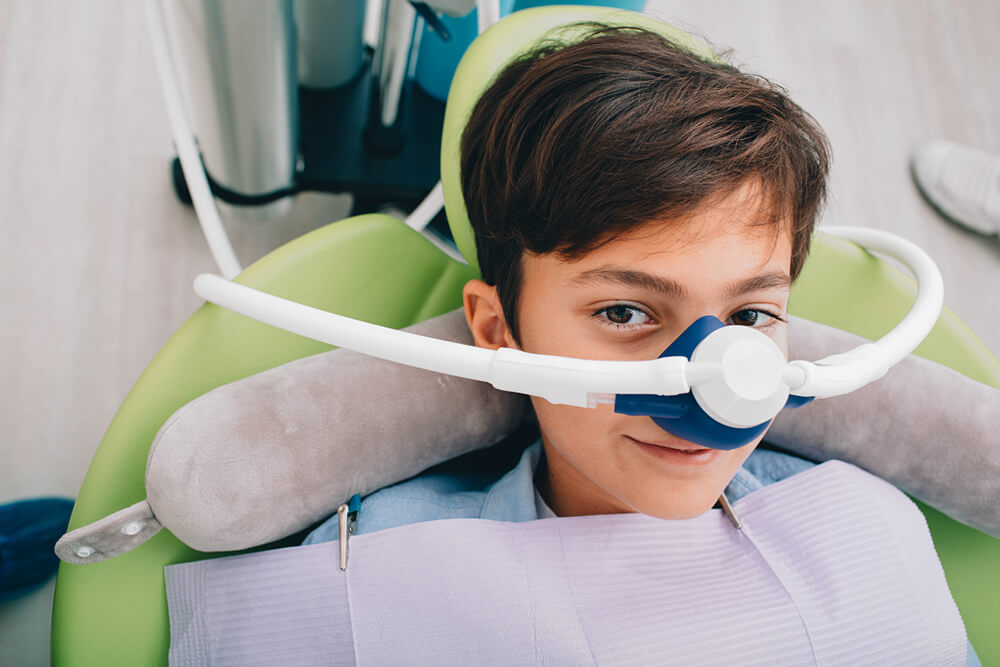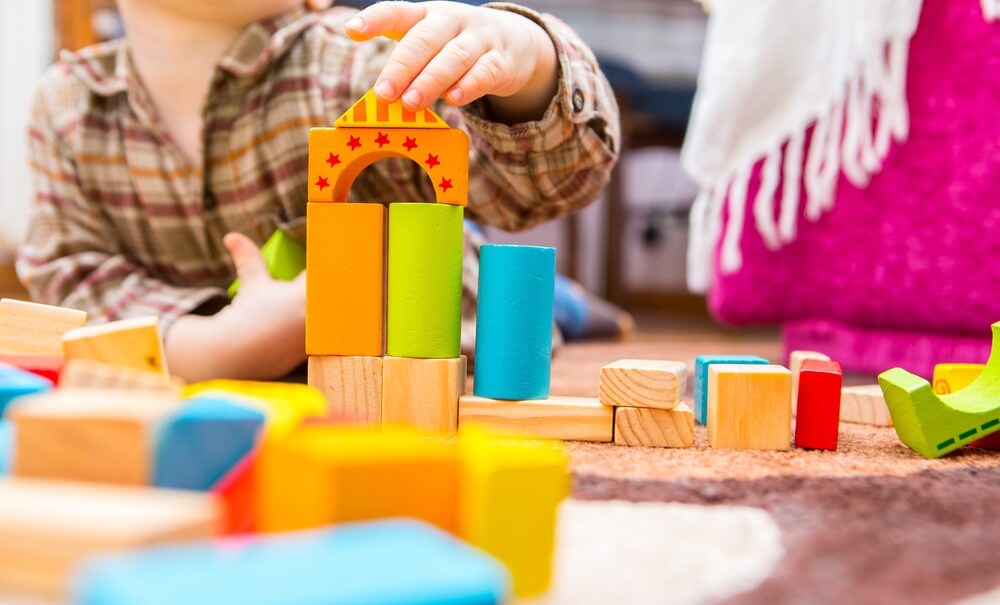Many parents will start to give their children more responsibility as they get older. For some, this can mean setting their own bedtime or at least having flexibility on how late they can stay up certain nights. When it comes to setting a bedtime, the primary concern usually revolves around making sure your child is getting enough sleep. However, the time your child goes to bed can also have an effect on their oral health: for better or worse.
This relationship between bedtime and oral health was explored by researchers in their article titled, “Do Adolescents Who Are Night Owls Have a Higher Risk of Dental Caries?: A Case Control Study”. Published in the International Journal of Oral Health in August of 2016, the study noted a key relationship between circadian rhythm and tooth decay in adolescents, specifically that those with an evening circadian rhythm were at a higher risk for developing dental cavities.

The circadian rhythm is an internal clock that regulates when our body releases certain enzymes and hormones necessary for alertness and sleepiness. People who have a morning circadian rhythm are more alert in the morning and tired in the evening, while those who have an evening circadian rhythm are more alert in the evening and tired in the morning. Some people are also neutral, meaning that they are not excessively alert or tired at any particular time.
For the study, 196 adolescents ages 15 and 16 were examined by a dentist and categorized as either: healthy (meaning that they are low risk and have had no cavity progression in the last 2 years), dubious (meaning they have some risk due to the presence of cavity progression or 1-2 cavities), and sick (meaning they are at high risk and have 2-3 new cavities). Out of 196 participants, 91 (46%) were categorized as “sick” and 105 (54%) were categorized as “healthy”.
Members from each group were then asked to fill out a questionnaire that determined their circadian rhythm and asked them about their oral hygiene routine and diet. Out of these 196 adolescents, the questionnaire found that 50% were neutral, while the remaining 50% was divided into 37% who were evening types and 13% who were morning types. When it came to oral hygiene, 13% of evening types admitted to brushing less than twice a day compared to only 4% of morning types. Breakfast habits also varied with only 22% of evening types admitting to eating breakfast daily. Neutral and morning types were far more likely to eat breakfast daily, with 41% of neutral types admitting to having breakfast daily.

When the answers to the questionnaire were evaluated in regards to the categories of “sick” or “healthy”, the results showed some interesting correlations. 62% of healthy adolescents were reported to brush their teeth twice a day and eat breakfast daily, while only 38% of sick adolescents reported brushing twice a day and eating breakfast daily. The relationship between the questionnaire answers and an individual’s circadian rhythm ultimately found that evening types were at a higher risk of developing dental cavities.
However, it is important to note that it is not circadian rhythm alone that increases the risk of cavity formation, but the habits associated with evening types. For starters, evening types are more likely to skip out on daily brushings, which allows plaque to accumulate and bacterial populations to grow. Furthermore, individuals who regularly skip breakfast are hypothesized to snack more throughout the day, which increases the amount of time the teeth are exposed to harmful acids produced by bacteria. The risk further increases when the snacks consumed have excess sugar, since bacteria feed on sugar.
With that being said, night owls can still be night owls while also taking additional steps to protect their oral health. Making sure your child brushes and flosses before bed is a key step to maintain their oral health. Additionally, making them breakfast or packing healthy, sugarless snacks is another way to minimize the damage done to their teeth while they are awake. It is also important to make sure that your child understands that part of being responsible for their bedtime includes being responsible for their oral health as well.






